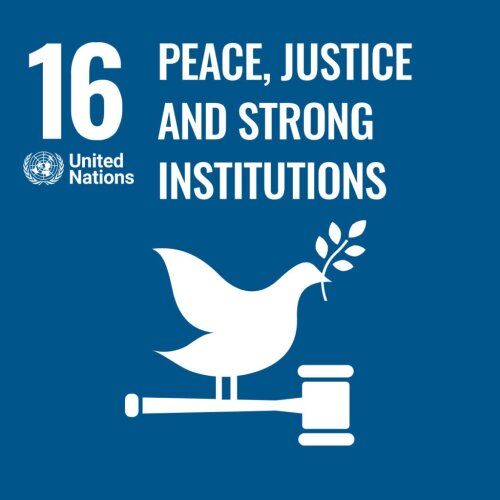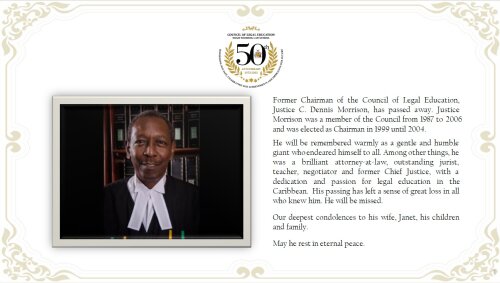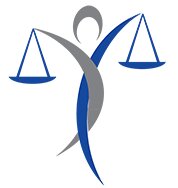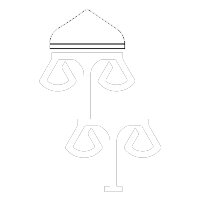Best Native People Lawyers in Trinidad and Tobago
Share your needs with us, get contacted by law firms.
Free. Takes 2 min.
Or refine your search by selecting a city:
List of the best lawyers in Trinidad and Tobago
About Native People Law in Trinidad and Tobago:
Native People in Trinidad and Tobago are the Indigenous descendants of the Amerindian tribes who historically inhabited the islands. They have specific rights and protections under the law to preserve their cultural heritage and traditional practices.
Why You May Need a Lawyer:
You may need a lawyer if you are a Native person in Trinidad and Tobago facing issues such as land disputes, cultural heritage preservation, discrimination, or seeking legal recognition of your Indigenous status. A lawyer can help you navigate the complex legal system and ensure your rights are protected.
Local Laws Overview:
In Trinidad and Tobago, the Indigenous Peoples Recognition, Rights, and Indigenous Lands Act provides legal recognition and protections for Native People. This includes rights to ancestral lands, cultural heritage preservation, and participation in decision-making processes that affect their communities.
Frequently Asked Questions:
1. What rights do Native People have in Trinidad and Tobago?
Native People have rights to ancestral lands, cultural heritage preservation, and participation in decision-making processes under the Indigenous Peoples Recognition, Rights, and Indigenous Lands Act.
2. How can I prove my Indigenous status in Trinidad and Tobago?
You can prove your Indigenous status through genealogical records, community recognition, or by obtaining official recognition from the National Commission for Self-Identified Indigenous Peoples.
3. Can Native People in Trinidad and Tobago own land?
Yes, Native People have rights to ancestral lands and can legally own and inherit land in Trinidad and Tobago.
4. What should I do if my Indigenous rights are being violated?
You should seek legal assistance from a lawyer specializing in Native People law to help you protect your rights and seek remedies for any violations.
5. How can I access government services as a Native person in Trinidad and Tobago?
You can access government services by providing proof of your Indigenous status and engaging with relevant government agencies that oversee Indigenous affairs.
6. Can I practice traditional customs and ceremonies as a Native person in Trinidad and Tobago?
Yes, Native People are legally allowed to practice their traditional customs and ceremonies in Trinidad and Tobago, as long as they do not violate any laws.
7. Are there specific organizations that support Native People in Trinidad and Tobago?
Yes, organizations such as the National Commission for Self-Identified Indigenous Peoples and the Indigenous People's Council of Trinidad and Tobago provide support and advocacy for Native People in the country.
8. What is the process for seeking official recognition as an Indigenous person in Trinidad and Tobago?
You can apply for official recognition through the National Commission for Self-Identified Indigenous Peoples by providing documentation of your Indigenous ancestry and community ties.
9. Can Native People participate in decision-making processes that affect their communities?
Yes, Native People have the right to participate in decision-making processes that affect their communities, including matters related to land rights, cultural heritage preservation, and resource management.
10. How can I find a lawyer specializing in Native People law in Trinidad and Tobago?
You can contact local law firms or organizations specializing in Indigenous rights and ask for referrals to lawyers with experience in Native People law.
Additional Resources:
For more information and support on Native People in Trinidad and Tobago, you can reach out to the National Commission for Self-Identified Indigenous Peoples or the Indigenous People's Council of Trinidad and Tobago.
Next Steps:
If you require legal assistance regarding Native People law in Trinidad and Tobago, it is important to consult with a lawyer who specializes in this area to ensure your rights are protected and upheld. Be prepared to provide documentation of your Indigenous status and any relevant information to support your case.
Lawzana helps you find the best lawyers and law firms in Trinidad and Tobago through a curated and pre-screened list of qualified legal professionals. Our platform offers rankings and detailed profiles of attorneys and law firms, allowing you to compare based on practice areas, including Native People, experience, and client feedback.
Each profile includes a description of the firm's areas of practice, client reviews, team members and partners, year of establishment, spoken languages, office locations, contact information, social media presence, and any published articles or resources. Most firms on our platform speak English and are experienced in both local and international legal matters.
Get a quote from top-rated law firms in Trinidad and Tobago — quickly, securely, and without unnecessary hassle.
Disclaimer:
The information provided on this page is for general informational purposes only and does not constitute legal advice. While we strive to ensure the accuracy and relevance of the content, legal information may change over time, and interpretations of the law can vary. You should always consult with a qualified legal professional for advice specific to your situation.
We disclaim all liability for actions taken or not taken based on the content of this page. If you believe any information is incorrect or outdated, please contact us, and we will review and update it where appropriate.
Browse native people law firms by city in Trinidad and Tobago
Refine your search by selecting a city.













